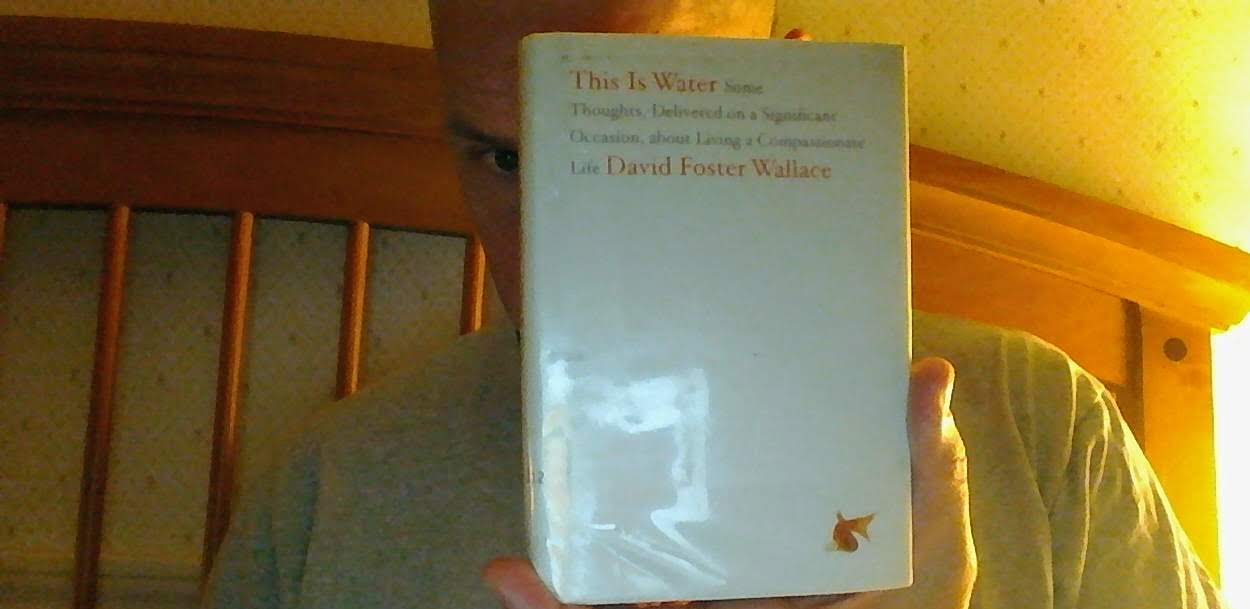My own father never listened to jazz, but I can just imagine him now, watching all of us in a room, laughing, talking, making food, and carrying on. He wouldn’t say it, but the way he looked at all of us, at all that was happening, I would know that it was all he wanted. Since he’s gone, I try to look around, listen, snap my fingers, and say, “isn’t this just fantastic?”
David Sedaris writes a lovely portrait here of his father.
The Sea Section (a vacation home) came completely furnished, and the first thing we did after getting the keys was to load up all the televisions and donate them to a thrift shop. It’s nice at night to work puzzles or play board games or just hang out, maybe listening to music. The only one this is difficult for is my father. Back in Raleigh, he has two or three TVs going at the same time, all turned to the same conservative cable station, filling his falling-down home with outrage. The one reprieve is his daily visit to the gym, where he takes part in a spinning class….
Being at the beach is a drag for our father. To his credit, though, he never complains about it, just as he never mentions the dozens of aches and pains a person his age must surely be burdened by. “I’m fine just hanging out,” he says. “Being together, that’s all I need.” He no longer swims or golfs or fishes off the pier. We banned his right-wing radio shows, so all that’s left is to shuffle from one side of the house to the other, sometimes barefoot and sometimes wearing leather slippers the color of a new baseball mitt. (88-89)
...I put on some music. “Attaboy,” my father said. “That’s just what we needed. Is this Hank Mobley?”
“It is,” I told him.
“I thought so. I used to have this on reel-to-reel tape.”
While I know I can’t control it, what I ultimately hope to recall about my late-in-life father is not his nagging or his toes but, rather, his fingers, and the way he snaps them when listening to jazz. he’s done it forever, signifying, much as a cat does by purring, that you may approach. That all is right with the world. “Man, oh man,” he’ll say in my memory, lifting his glass and taking us all in, “isn’t this just fantastic?” (92-93)
If you need something to read, I keep a list of every book I've read this year on my About Me page along with the albums I've purchased. And please, let me know what you think I should read next and why.




